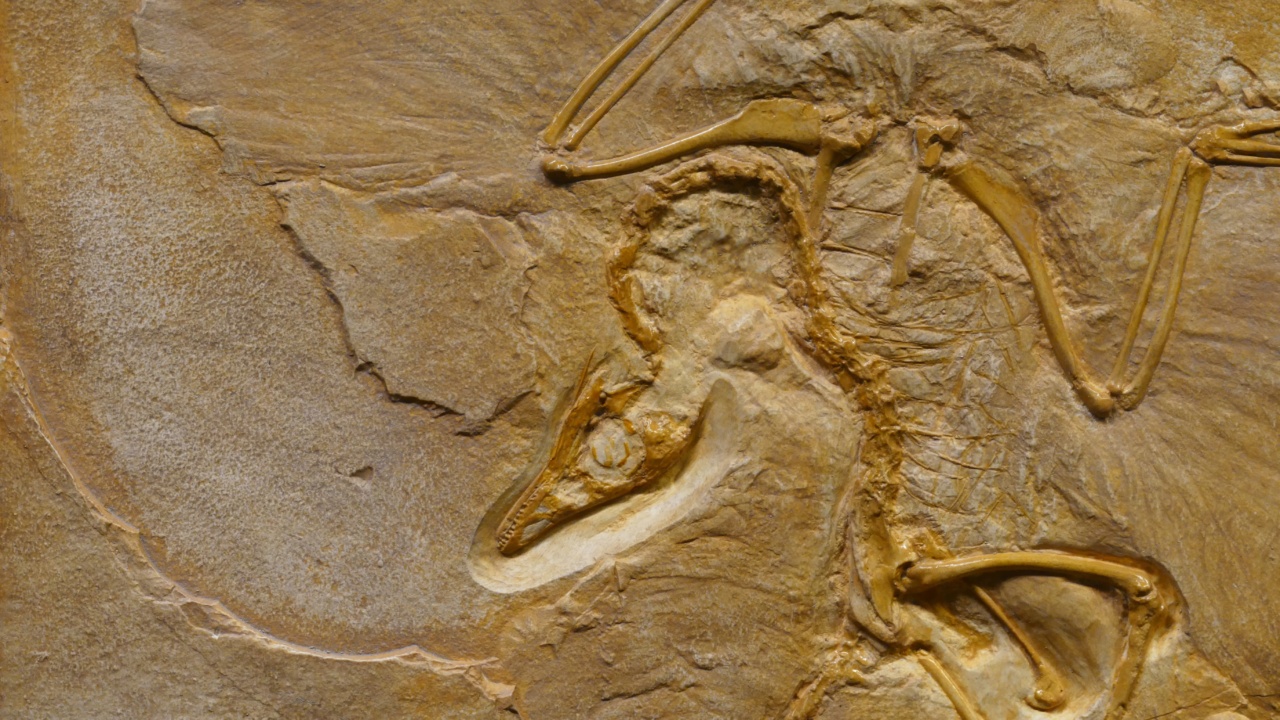Sleep is an essential component of a healthy lifestyle. Not only does it help us feel rejuvenated and refreshed, but it also plays a critical role in maintaining our overall health and well-being.
A lack of sleep can contribute to a range of health issues, including weight gain, heart disease, and a weakened immune system. As we age, our sleep patterns change, leading to new challenges for our bodies and minds. In this article, we’ll explore the science behind aging and sleep, and offer some tips for getting a better night’s rest.
How Sleep Changes with Age
As we age, our bodies naturally produce less melatonin, the hormone responsible for regulating sleep cycles. This can make it more difficult to fall asleep and stay asleep, leading to more fragmented or interrupted sleep patterns.
Additionally, older adults may experience changes in other hormones that can affect sleep, including decreases in growth hormone and testosterone.
Other factors that can impact sleep as we age include changes in lifestyle, such as retirement or changes in family dynamics, as well as changes in our bodies, including chronic pain, illness, or injuries.
Medications and medical conditions can also disrupt sleep, including medications for high blood pressure, heart disease, and other conditions that are more common in older adults.
The Role of Circadian Rhythms
Our bodies are naturally programmed to follow a 24-hour cycle, known as the circadian rhythm. This internal clock helps us regulate physical and mental processes throughout the day and night, including sleep.
However, as we age, our circadian rhythms can become less regular, leading to more variability in sleep patterns. This can make it more difficult to maintain a consistent sleep schedule and can contribute to sleep disorders like insomnia.
One way to help regulate the circadian rhythm is to encourage regular exposure to natural light. Spending time outside during the day can help reset the internal clock and improve sleep patterns.
Additionally, avoiding artificial light sources like electronic devices before bed can help reduce disruptions to the natural sleep cycle.
The Impact of Sleep Deprivation
Sleep deprivation can have significant impacts on our health and well-being, including an increased risk of chronic diseases, decreased productivity, and impaired cognitive function.
In older adults, inadequate sleep can have particular consequences, including an elevated risk of falls, depression, and other mental health issues. Additionally, sleep deprivation can contribute to memory loss and other cognitive impairments.
To promote healthy aging, it’s important to prioritize good sleep habits and work to manage sleep disorders, such as insomnia or sleep apnea.
Practicing good sleep hygiene, including maintaining a regular sleep schedule, creating a calming bedtime routine, and avoiding stimulants like caffeine or nicotine, can help improve sleep quality.
The Connection between Sleep and Exercise
Regular exercise is also an important component of a healthy lifestyle, and can play a significant role in improving sleep quality. Exercise helps regulate the body’s internal clock, which can help improve sleep patterns and reduce insomnia.
Additionally, regular exercise has been shown to improve mood, reduce stress and anxiety, and may help reduce the risk of age-related health issues like dementia and Alzheimer’s disease.
However, it’s important to note that for older adults, exercise routines may need to be modified to account for changes in abilities or chronic pain.
Consult with a healthcare provider before beginning any new exercise regimen, and consider working with a qualified physical therapist or personal trainer to ensure safe and effective workouts.
Managing Sleep Disorders
If you are experiencing chronic sleep problems, it’s important to seek medical evaluation and treatment.
Your healthcare provider can help identify potential underlying medical conditions that may be contributing to sleep disturbances, and can recommend treatments or medications to manage symptoms. For some individuals with mild sleep disorders, alternative therapies like meditation, acupuncture, or cognitive-behavioral therapy may be helpful in improving sleep patterns.
Conclusion
Sleep is an essential component of healthy aging. As we age, our bodies and minds experience a range of changes that can impact the quality and quantity of sleep we receive.
However, by making lifestyle modifications, prioritizing good sleep hygiene, and seeking medical evaluation and treatment as needed, we can work to improve our sleep and promote overall health and well-being.































